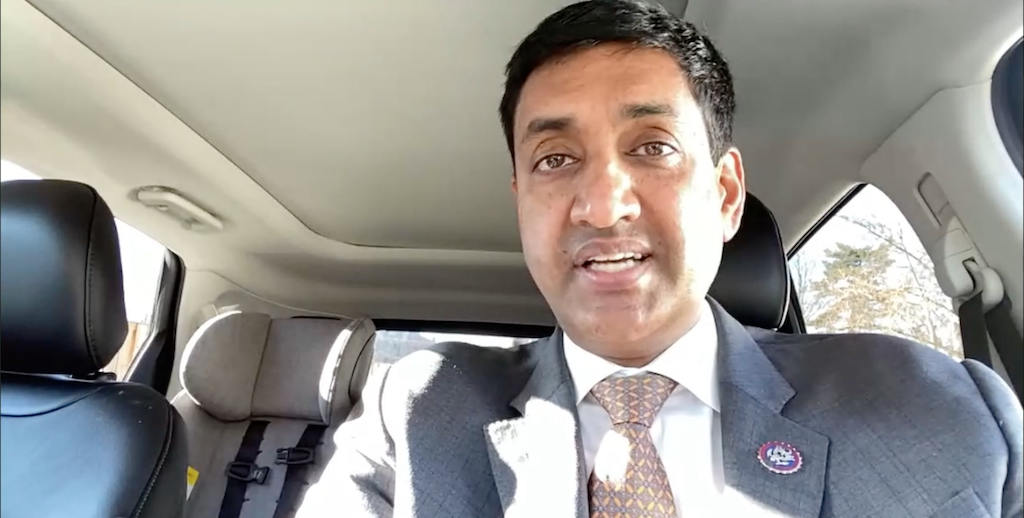Rep. Ro Khanna: Cyber Literacy Key to Bringing More People Into Modern Economy
Getting to know cryptocurrencies and understanding social media among suggestions from the representative.

WASHINGTON, February 11, 2022 – Cyber literacy, including getting familiar with cryptocurrencies, is a key component to getting more people into the modern economy, said Congressman Ro Khanna.
Khanna, D-California, spoke about closing the digital literacy divide in an interview with Anna Palmer, founder and CEO of Punchbowl News, on Wednesday, following the release this month of his book – Dignity in a Digital Age: Making Tech Work for All of Us – in which he talks about the digital divide and possible solutions, including wealth generation and job creation.
Khanna recommended that people, including those on Capitol Hill, become immersed in the technology, including by running their own social media accounts, instead of just their staffers; becoming familiar with digital currency cryptocurrency, in which he invested a small amount to learn more about it; and just using technology in everyday life.
Creating wealth through technology doesn’t mean “a software coder or a tech job,” Khanna added. It means creating more opportunities for high-paying jobs in all industries, such as retail and manufacturing, he noted.
“We’re going to have 25 million digital jobs by 2025,” said Khanna. “Do you want GM to be making cars…in Silicon Valley? Or should those jobs be in Michigan?”
Technology needs to be accessible
In conjunction with job creation, technology needs to be made “more accessible,” Khanna said.
That accessibility needs to come with literacy, especially for those who aren’t immersed in technology, such as older generations. People are “losing a sense of agency” when it comes to technology, said Khanna.
To remedy this, Khanna spoke of having “strong privacy regulations” and “strong antitrust regulations” on technology, in addition to “rethinking social media’s obligations to children and consumer protection.”
“We’ve got to restore people’s control over technology as opposed to technology controlling them,” he said.








